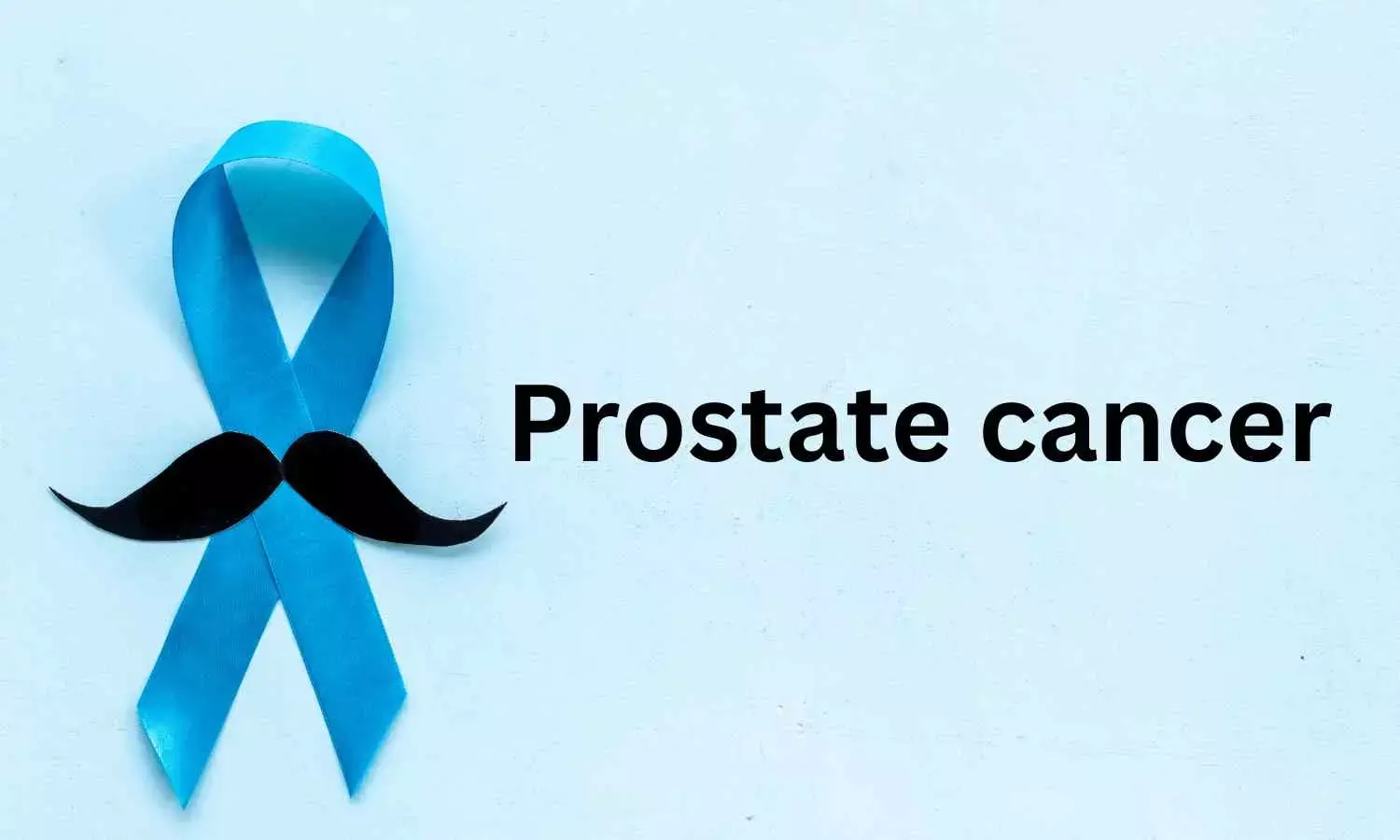- Home
- Medical news & Guidelines
- Anesthesiology
- Cardiology and CTVS
- Critical Care
- Dentistry
- Dermatology
- Diabetes and Endocrinology
- ENT
- Gastroenterology
- Medicine
- Nephrology
- Neurology
- Obstretics-Gynaecology
- Oncology
- Ophthalmology
- Orthopaedics
- Pediatrics-Neonatology
- Psychiatry
- Pulmonology
- Radiology
- Surgery
- Urology
- Laboratory Medicine
- Diet
- Nursing
- Paramedical
- Physiotherapy
- Health news
- Fact Check
- Bone Health Fact Check
- Brain Health Fact Check
- Cancer Related Fact Check
- Child Care Fact Check
- Dental and oral health fact check
- Diabetes and metabolic health fact check
- Diet and Nutrition Fact Check
- Eye and ENT Care Fact Check
- Fitness fact check
- Gut health fact check
- Heart health fact check
- Kidney health fact check
- Medical education fact check
- Men's health fact check
- Respiratory fact check
- Skin and hair care fact check
- Vaccine and Immunization fact check
- Women's health fact check
- AYUSH
- State News
- Andaman and Nicobar Islands
- Andhra Pradesh
- Arunachal Pradesh
- Assam
- Bihar
- Chandigarh
- Chattisgarh
- Dadra and Nagar Haveli
- Daman and Diu
- Delhi
- Goa
- Gujarat
- Haryana
- Himachal Pradesh
- Jammu & Kashmir
- Jharkhand
- Karnataka
- Kerala
- Ladakh
- Lakshadweep
- Madhya Pradesh
- Maharashtra
- Manipur
- Meghalaya
- Mizoram
- Nagaland
- Odisha
- Puducherry
- Punjab
- Rajasthan
- Sikkim
- Tamil Nadu
- Telangana
- Tripura
- Uttar Pradesh
- Uttrakhand
- West Bengal
- Medical Education
- Industry
Lower dose of abiraterone acetate also effective for prostate cancer treatment, suggests research

Pharmaceutical scientists, clinicians, nurses and pharmacists from the National University of Singapore (NUS) and National University Hospital (NUH) have shown that a reduced dose of abiraterone acetate is potentially as effective and safe as the standard regimen for prostate cancer patients.
Prostate cancer remains one of the most common malignancies among men. The current standard treatment involves a 1000 mg daily dose of abiraterone acetate (AA), a drug that targets hormone pathways driving cancer progression. However, this high dose can lead to unwanted side effects and high treatment costs.
The study, led by Professor Eric CHAN from the Department of Pharmacy and Pharmaceutical Sciences, NUS, and Associate Professor Edmund CHIONG, Head and Senior Consultant from the Department of Urology, NUH, and Senior Consultant, Division of Surgical Oncology, National University Cancer Institute, Singapore, investigated whether a 500 mg daily dose of AA, taken on an empty stomach, could achieve comparable therapeutic outcomes. In their study involving nine men with metastatic prostate cancer, they found that this lower dose resulted in comparable cancer suppression. This was demonstrated through reduced prostate-specific antigen (PSA) levels, a marker of tumour activity, and effective hormone suppression, as supported by both patient data and computer-based pharmacological modelling.
The findings were published in the journal Cancer Communications on 20 May 2025.
This new dosing approach may allow patients to experience fewer side effects, lower their treatment costs, and maintain effective cancer control. It could also improve treatment access and adherence, especially for elderly patients or those with financial constraints.
The research found that 500 mg AA led to a PSA reduction in all patients after 12 weeks, with over 75 per cent experiencing a drop of 50 per cent or more. The lower dose treatment was generally safe and well tolerated. Importantly, advanced pharmacokinetic modelling showed that even at half the usual dose, over 80 per cent of the drug's target enzyme (CYP17A1) remained inhibited, indicating strong therapeutic activity. These findings build on prior research and support the feasibility of a scientifically guided, lower dose strategy.
The research team has launched a larger, long-term clinical trial to further validate these promising results.
Prof Chan and Assoc Prof Chiong said, “Our findings open the door to more cost-effective and safer treatment for prostate cancer patients, with minimal compromise on efficacy.”
Reference:
Edmund Chiong, Ziteng Wang, Eleanor Jing Yi Cheong, Yi Chen Yao, Sin Mun Tham, Revathi Periaswami, Poh Choo Toh, Ziting Wang, Qing Hui Wu, Woon Chau Tsang, Arshvin Kesavan, Evaluation of exposure-response-safety relationship of model-informed low-dose 500 mg abiraterone acetate in prostate cancer patients, Cancer Communications, https://doi.org/10.1002/cac2.70035.
Dr Kamal Kant Kohli-MBBS, DTCD- a chest specialist with more than 30 years of practice and a flair for writing clinical articles, Dr Kamal Kant Kohli joined Medical Dialogues as a Chief Editor of Medical News. Besides writing articles, as an editor, he proofreads and verifies all the medical content published on Medical Dialogues including those coming from journals, studies,medical conferences,guidelines etc. Email: drkohli@medicaldialogues.in. Contact no. 011-43720751


